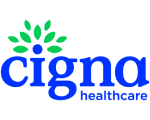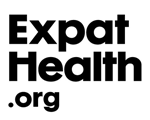Vaccinations
No vaccinations are required to enter Korea, however, immunizations are recommended for diphtheria, polio, typhoid, tetanus, Hepatitis A and Hepatitis B.
E2 visa medical exam
English teachers in Korea are required to take a medical examination as a condition of obtaining the E2 visa. The test varies from hospital to hospital but it must include an HIV test. If you are found to have HIV your visa will most likely be revoked.
A urine test may also be required to test for drug use although the regulations surrounding this issue are constantly changing; it is recommended that you consult Korean immigration services for up to date visa regulations.
Basic hearing, sight and dental checks as well as an x-ray are usually performed.
Drinking water
Whilst tap water in South Korea is deemed safe to drink, most expatriates, as well as Koreans, drink bottled or boiled water.
Diet
The Korean diet is very different to what many overseas visitors may be accustomed to which often leads to stomach upsets or other dietary problems. Be particularly diligent, especially in the warm weather seasons, when ordering meats as well as cooked and raw seafood.
Air pollution
South Korea is prevalent to vast clouds of “yellow dust” that are blown over from the desert regions of China picking up pollution particles along the way. This is most common between March and May and can trigger allergies, cause respiratory problems and other conditions such as pinkeye.
Many Koreans will wear face masks as protection against the dust in this season and it is advisable to limit outdoor physical activity such as running.




